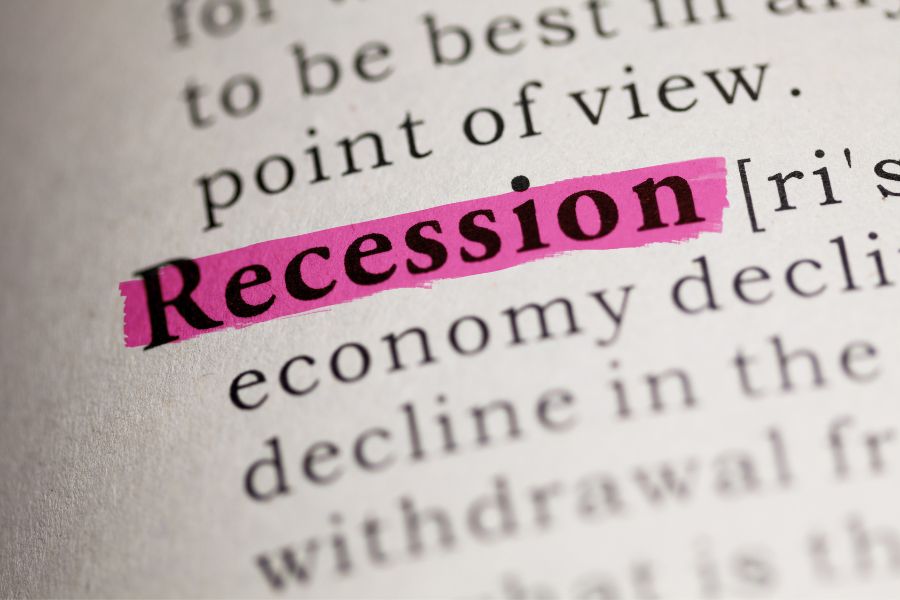
The term recession goes beyond just media jargon. It denotes a marked downturn in economic activities, potentially lasting for months or even years. Picture it as the economic cycle’s winter: cold and challenging, but importantly, not everlasting.
This period is characterised by noticeable changes in critical economic indicators, including GDP, employment levels, income, and consumer spending. A variety of triggers, such as soaring inflation, rising consumer debt, decreased expenditure, or worldwide events like pandemics, can all contribute to a recession.
You might wonder, “What does a recession actually mean for me personally?”
Let’s explore this through the story of Sarah, a young professional based in Sydney.
Sarah was just beginning her career journey, filled with optimism for the future. However, as murmurs of a recession started, she began observing gradual changes around her.
Employment Shifts
Consider Sarah’s co-worker, James, known for his dedication and long hours at work. But as the economic slump hit, James, along with others, had to face reduced working hours.
This situation is typical in recessions. To lower expenses, businesses may cut back on hours or lay off staff, leading to unstable incomes for many families.
Consumer Sentiment
Sarah’s regular weekend shopping trips with friends became infrequent. The group, once impulsive in their spending, now pondered every purchase. Eating out turned into cooking at home, and luxury items were put on hold.
In times of recession, consumer caution is common, particularly for non-essential spending. This reduction in expenditure can further worsen the economic slump, as businesses experience a drop in sales.
Property Market Dynamics
One evening, Sarah overheard a couple at a café discussing their difficulties in selling their house under current market conditions.
Recessions often result in lower property values, making it favourable for buyers. Struggling to keep up with mortgage payments, some homeowners may be compelled to sell or face foreclosure.
Struggles of Small Businesses
Sarah’s favourite café, too, felt the recession’s impact, eventually shutting down.
Small businesses, typically working with slimmer profit margins, may find it hard to survive a recession. They often lack the financial buffer that larger companies have, leading to possible closures.
Tighter Credit
When Sarah considered a car purchase and sought a loan, she found the bank’s lending criteria had tightened significantly.
Financial institutions become more cautious about lending during recessions, making it difficult for both consumers and businesses to secure loans or credit.
Stock Market Volatility
Sarah’s parents, close to retirement, anxiously watched their investment values fluctuate.
Stock markets tend to be highly volatile in these periods, affecting investments and retirement funds.
These scenarios may resonate with many, having experienced job instability, changed spending habits, and market unpredictability during recent recessions like the one triggered by COVID-19.
Yet, there’s a positive aspect. Recessions teach resilience and adaptability.
For example, Sarah improved her budgeting, expanded her network, and used her extra time from reduced work hours to explore entrepreneurial options, diversifying her income.
By grasping the nuances of a recession, people can better prepare and navigate its challenges, positioning themselves stronger for future economic uncertainties.
The information contained on this website has been provided as general advice only. The contents have been prepared without taking account of your personal objectives, financial situation or needs. You should, before you make any decision regarding any information, strategies or products mentioned on this website, consult your own financial adviser to consider whether that is appropriate having regard to your own objectives, financial situation and needs.